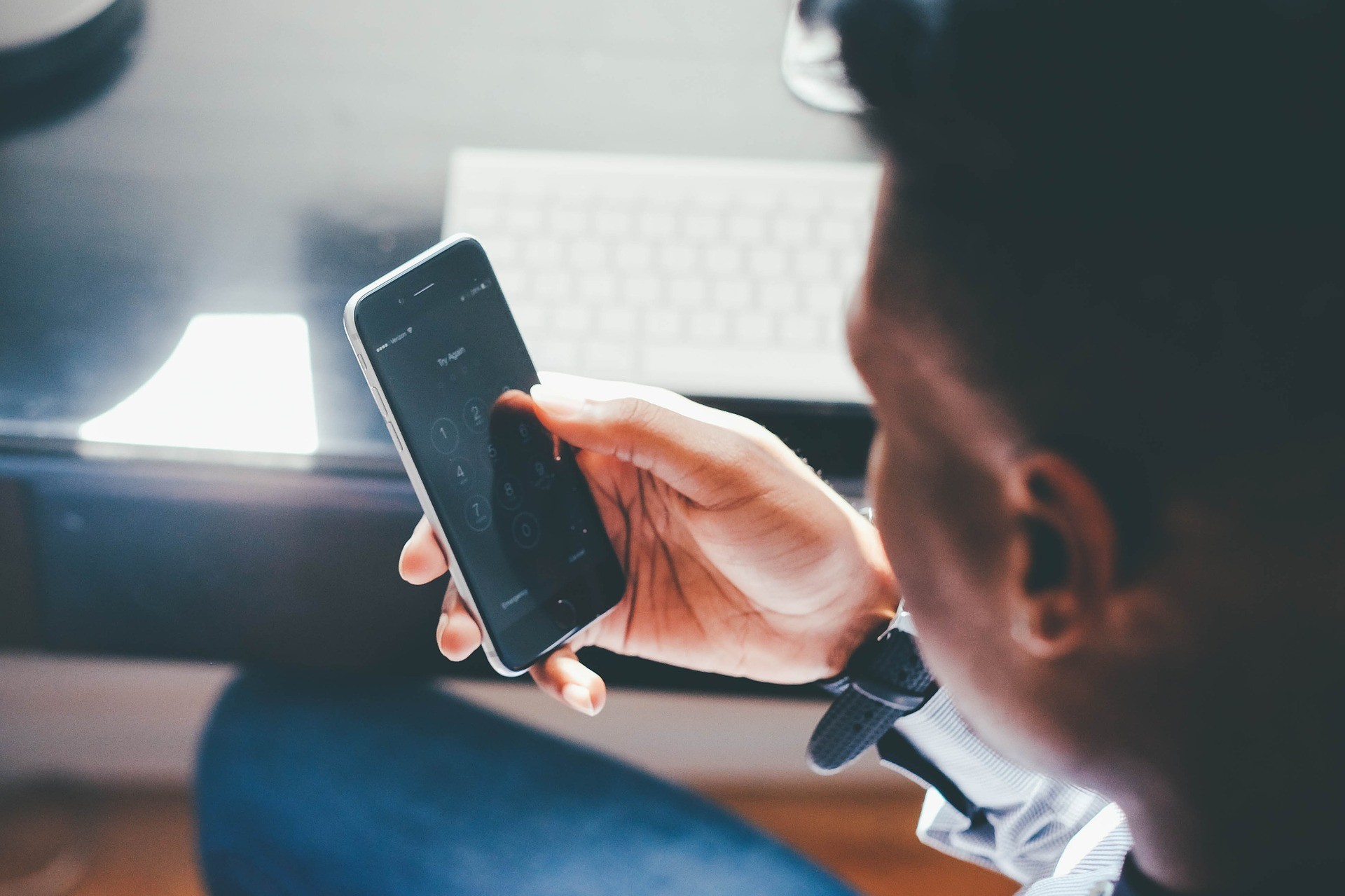Image from Pixabay.com
The dangers of using simple passwords have been sounded repeatedly. Nevertheless, a lot of individuals still practice weak password security. According to a study done by Pew Research Center, 40% of Americans reuse passwords through varying accounts to recall them.
The research also discovered that a lot of people write their passwords down. The last group of people that practice lax password security share their passcodes with relatives and friends.
The problem with this is that some people actively seek to lay hands on your account passwords. They can take it either as a passion or a job. People call them hackers, and they can siphon your passwords with a variety of methods.
Ways Hackers Can Steal your Account Credentials
1. Sharing Passwords with Family and Friends
You must be deliberating how hackers can lay hands on your account password if you only gave it to one trusted individual. The fact is, your relative/friend could lose your passcode.
Imagine a situation where you tell a reliable individual your password, and it’s written on a piece of paper. Anyone who gets their hands on that document would be able to gain entrance to your account.
The person you share your details to could also have system malware. Malicious software is designed to sniff out every piece of data from a device. An attempt to log in to your account from your friend’s system could compromise your details too.
2.Repeating a Secret Code
If you reuse passwords across several accounts and a single account gets breached, you become compromised. Cybercriminals realize that various individuals repeat passwords, and they try a technique called password stuffing.
For instance, if you use the same secret code for your internet banking, email, and social media platforms, knowing one would know all. Cybercriminals could breach your accounts with all of your finances, messages and activity stored. This could lead to you being blackmailed by the hacker.
3. Using a Fragile Password
Even an amateur hacker can easily guess weak passwords. They’re either regularly utilized passwords or passwords that have some significance to you.
Frequently used passcodes include ones like ‘qwerty’, ‘1234’, ‘1111’, and so on. Passwords that have some significance to you can be your child’s name, birthdate, your pet’s name, etc.
Hackers can crack these passwords through brute-force or dictionary hacking. These hacking techniques use several combinations to guess login credentials.
4.Wi-Fi Hacking
Browsing the web on hacked Wi-Fi can get your account details exposed. Since many people use Wi-Fi, it’s a manner in which cybercriminals use to grab secret codes en masse.
Guide to Protecting your Account Details in 2021
1. Two-Factor Authentication
This method is designed to protect you against potential hacks by requiring an extra level of verification. Two methods of verification make hacking harder, thereby fortifying your account better.
For instance, after fixing your account username and login, you’d be asked to provide a PIN, SMS code, or even a fingerprint to gain access. Systems that use two-factor authentication can detect if a login attempt is coming from another smartphone or computer. That attempt would be blocked, which provides supplementary security in case a hacker siphons your password.
2. Utilize Tougher Passwords
Solid passwords make it problematic for a hacker to break into your account. Your passcode has to be at least 12 characters in length. It also needs to be mixed with symbols and numbers to get the job done.
For instance, a password like ‘%insT}}.a22@ksi’ is more complex to guess than ‘Gustavo84’. When the password has no vocabulary meaning, it can be hard to decipher, even if a person is staring at your keyboard while you’re typing it.
If you want a tough password that you can quickly recall, you can try using a passphrase. Passphrases combine words and are pretty long, making them hard to crack. You can also get a password management service to create and store passwords.
3. Get a Network Security Tool
To prevent getting hacked through hacked routers or public Wi-Fi, get a VPN. A VPN is a network security tool that protects your online account by encrypting your account’s credentials on the micro-level.
On the macro level, Virtual Private Networks secure your entire network activity. When you use a VPN for security, web activity gets hidden from cybercriminals, the government, and your ISP. So, even if you’re on hacked public Wi-Fi, the hacker would not be able to get any data from your device.
4. Employee Education
An organization can use all the cybersecurity tools in the world and still get hacked. The most popular scheme of doing this is by stealing an employee’s details.
Since employees have access to remote workplaces, a breach of their accounts can expose sensitive company data. Firms have several workers, and there’s always a chance that at least one will have low smartphone cybersecurity or weak computer security.
The risk of getting hacked through an employee can be decreased when you educate them. Try to organize quarterly or semi-annual sessions to educate them.
Final Thoughts
People use weak passwords a lot, and this intensifies the possibility of online account infringements. Hackers can get your secret codes when you share them with other people, reuse them, or use easy passwords.
You can protect your account by educating employees, using a VPN, activating multi-factor authentication, and setting stronger passwords.




